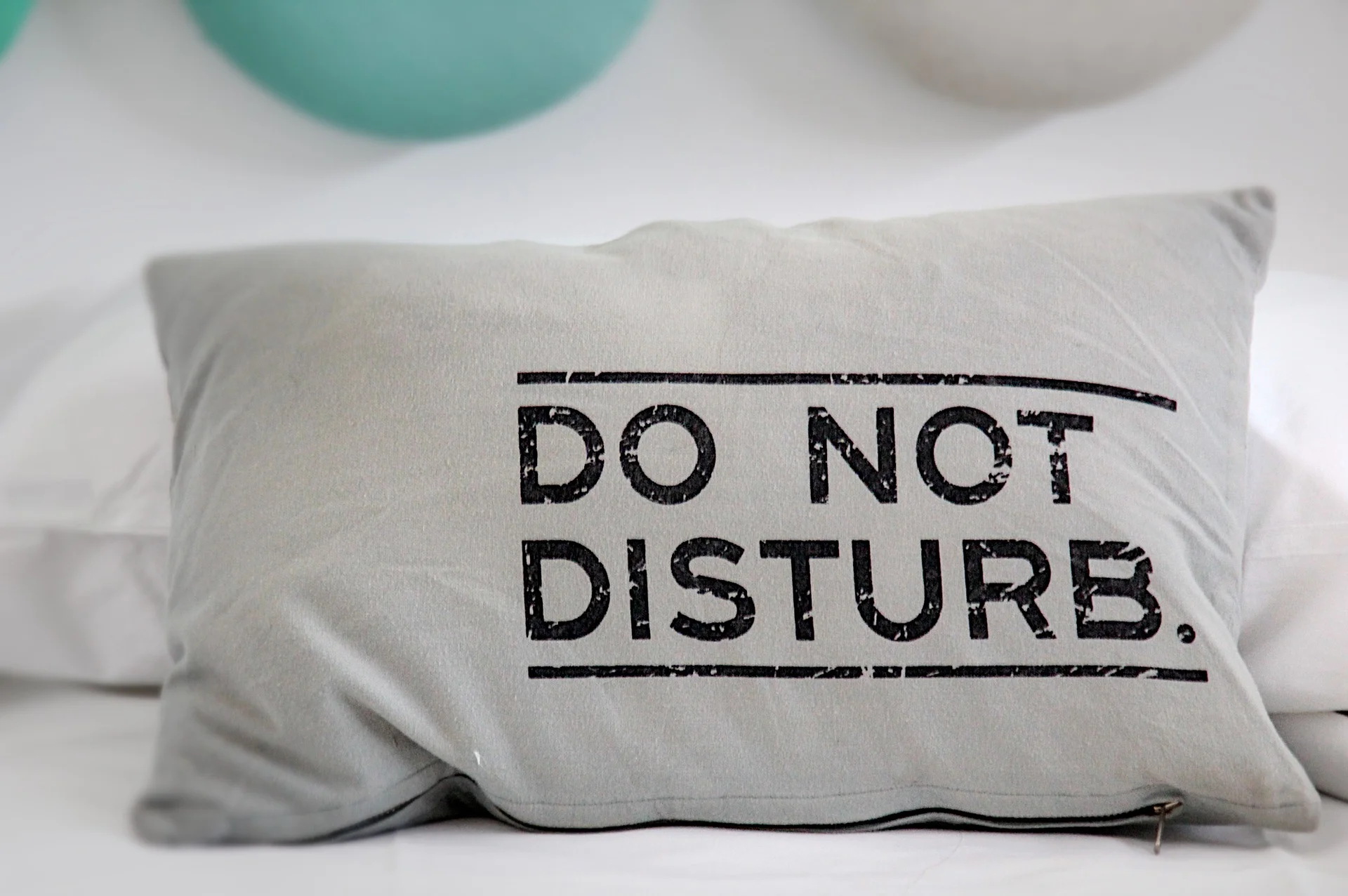What’s an extra hour of sleep going to help, right? Well actually, wrong!
The importance of a good nights rest cannot be overstated. It is recommended to sleep at least seven or eight hours a night to allow your body to rest and re-fresh. For some, this may be shocking and unfathomable. Who has the time? But, truth is, getting too little sleep can negatively affect your health, your mood, and even your social relationships. Perhaps knowing the facts about sleep will help you adjust your own sleep behavior.
Here are four reasons to power-down earlier:
1. Poor sleep reduces physical health. Research has clearly linked insufficient sleep to a plethora of serious health problems including heart disease, heart attacks, diabetes, and obesity. Studies find that poor sleepers are at far greater risk for chronic disease, and that a week of poor sleep (less than 4 hours per night) can cause pre-diabetes symptoms. Additionally, a recent study found that children and adults with insufficient sleep patterns were over 50% more likely to become obese, a shocking statistic demonstrating the link of sleep to appetite hormones and regulation.
2. Poor sleep depresses mood. Many times lack of sleep, or chronic fatigue, is at the root of depression and anxiety. Many people suffering from depression complain about poor sleep quality. Over time, insufficient sleep can become a habit, potentially creating clinical sleep disorders that spur other ongoing mental health issues.
3. Poor sleep decreases cognitive function. Many of the brains cognitive functions like memory, attention, concentration, and productivity rely on sleep to perform optimally. Consequently, these functions shut down when sleep deprived. Interestingly, research finds that lack of sleep can impair brain function to a state similar to being highly intoxicated.
4. Poor sleep interferes with our relationships. Lacking sleep and feeling lethargic makes it hard to be at one’s best. Studies find that poor sleep can disturb social relationships. For instance, sleep loss decreases our ability to pick up on social cues and accurately read emotional states, consequently, impacting our ability to connect and interact with others. Additionally, insufficient sleep is found to reduce testosterone levels in males, creating bedroom tensions in romantic relationships as well.
Sleeping the recommended 7-8 hours leads to all around better living.
Positive Practice
Set a bedtime alarm! Challenge yourself to get to bed earlier knowing your physical, mental, and social health is on the line.
Help your brain and body shut down earlier by engaging in healthy behaviors before bed like: silencing your phone, drinking warm tea or milk, or grabbing a book instead of the remote.
To learn more, check out the works we consulted:
Borbély, A. A., & Wirz-Justice, A. (1982). Sleep, sleep deprivation and depression. Human Neurobiology, 1(205), 205-210.
Cappuccio, F. P., Taggart, F. M., Kandala, N. B., Currie, A., Peile, E., Stranges, S., & Miller, M. A. (2008). Meta-analysis of short sleep duration and obesity in children and adults. Sleep, 31(5), 619-626.
Leproult, R., & Van Cauter, E. (2011). Effect of 1 week of sleep restriction on testosterone levels in young healthy men. Jama, 305(21), 2173-2174.
Spiegel, K., Leproult, R., & Van Cauter, E. (1999). Impact of sleep debt on metabolic and endocrine function. The Lancet, 354(9188), 1435-1439.
Van Der Helm, E., Gujar, N., & Walker, M. P. (2010). Sleep deprivation impairs the accurate recognition of human emotions. Sleep, 33(3), 335-342.
Williamson, A. M., & Feyer, A. M. (2000). Moderate sleep deprivation produces impairments in cognitive and motor performance equivalent to legally prescribed levels of alcohol intoxication. Occupational and environmental medicine, 57(10), 649-655.
